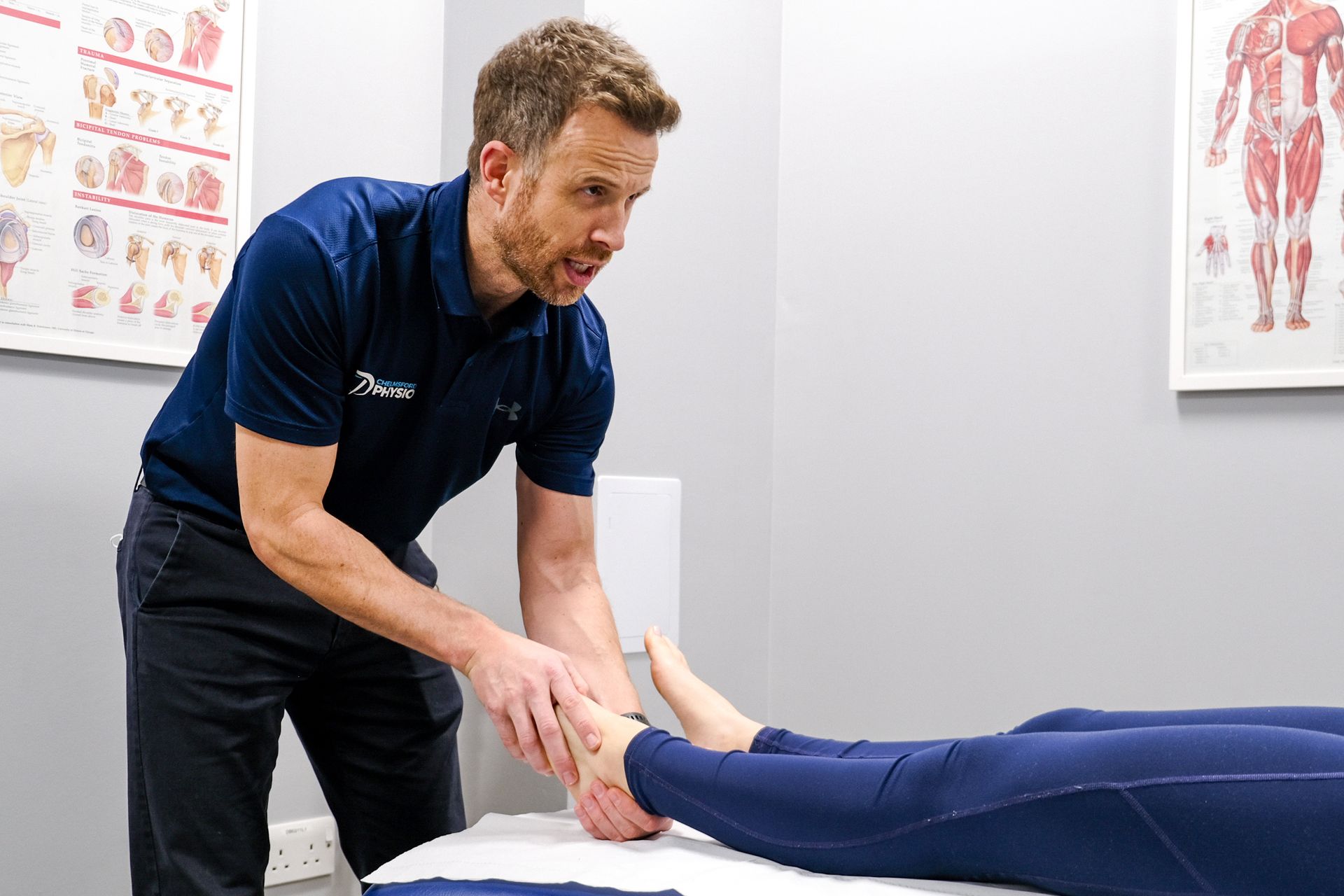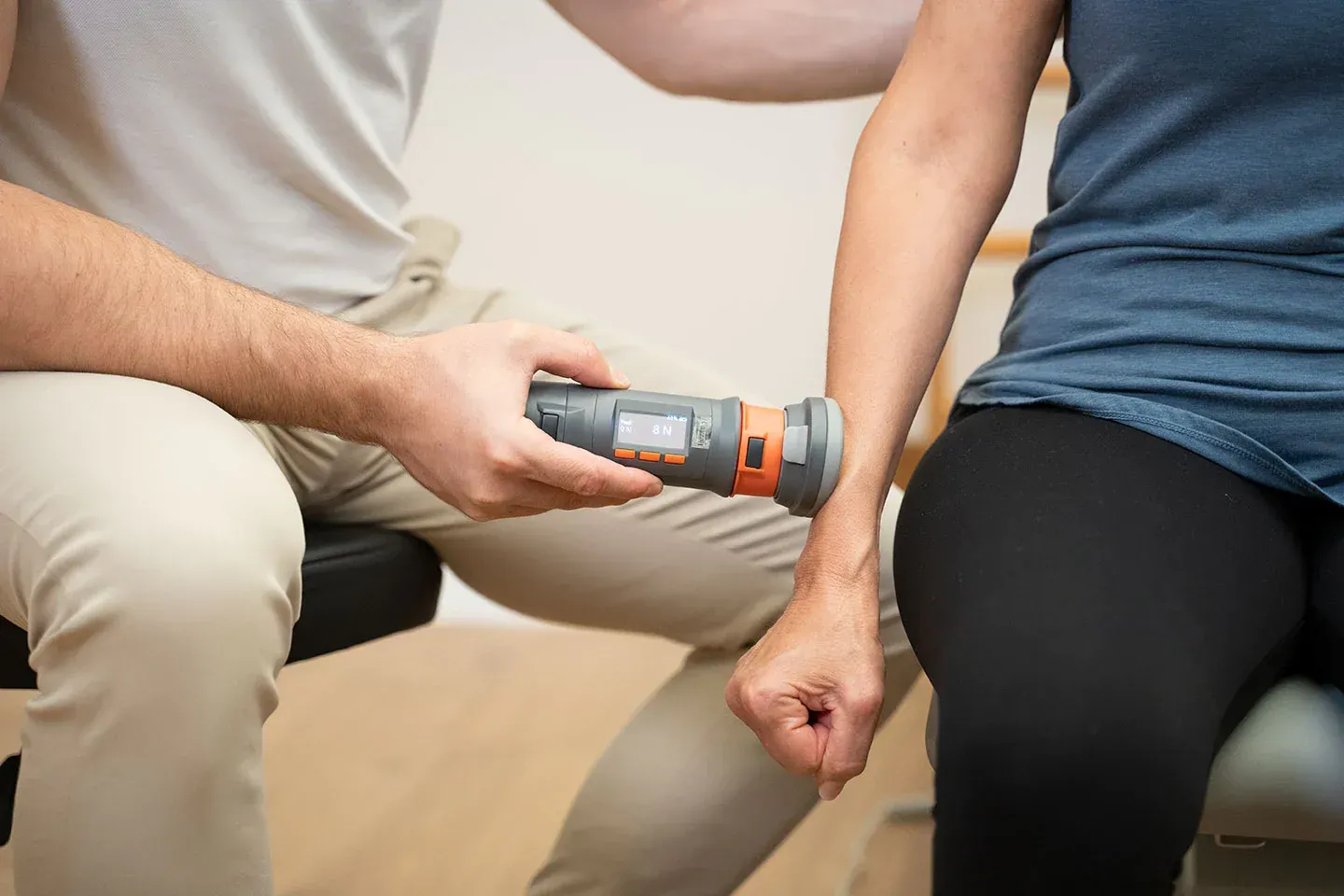Understanding the Link Between Antibiotics and Tendon Pain/injury:
A Physiotherapy Perspective
Antibiotics play a crucial role in treating bacterial infections, but emerging evidence suggests that certain classes of these medications may also contribute to tendon pain and injury. This blog post explores the relationship between antibiotics and tendon health, emphasising the importance for physiotherapists and patients alike to be aware of these potential side effects.
The Connection Between Antibiotics and Tendon Damage
One of the most well-documented associations is between fluoroquinolone antibiotics, such as ciprofloxacin and levofloxacin, and tendon injuries. Research indicates that these antibiotics can increase the risk of tendon rupture, particularly in the Achilles tendon (Miller et al., 2014). The exact mechanism is still being studied, but several factors contribute to this phenomenon.

Mechanisms of Injury
1. Collagen Synthesis Inhibition: Fluoroquinolones may interfere with the synthesis and maintenance of collagen, which is vital for tendon structure and integrity (Bahr et al., 2020). This disruption can weaken tendons and make them more susceptible to injury.
2. Inflammatory Response: Antibiotics can induce an inflammatory response in tendons, leading to pain and swelling. This inflammation may be exacerbated by the underlying condition for which the antibiotic is prescribed (Aydin et al., 2020).
3. Tendon Metabolism Alteration: Antibiotics can affect tendon cell metabolism, potentially leading to changes in the mechanical properties of tendons, making them more prone to injury (Friedman et al., 2016).
Risk Factors for Tendon Injury
Certain populations are at a higher risk of tendon injury when taking antibiotics. These include:
- Older Adults: Age-related changes in tendon structure and function can increase susceptibility (Aydin et al., 2020).
- Individuals with Pre-existing Tendon Issues: Those with a history of tendon problems or underlying conditions such as diabetes may face an elevated risk (Miller et al., 2014).
- Concurrent Use of Corticosteroids: The combination of fluoroquinolones and corticosteroids significantly raises the risk of tendon rupture (Bahr et al., 2020).

Clinical Implications for Physiotherapists
As physiotherapists, understanding these risks is crucial for patient management. Here are some recommendations:
1. Patient Education: Inform patients about the potential risks of tendon injuries associated with certain antibiotics, especially fluoroquinolones.
2. Monitor Symptoms: Encourage patients to report any signs of tendon pain or discomfort during antibiotic treatment, particularly in high-risk individuals.
3. Exercise Modifications: Advise on modifications to exercise regimens that may help reduce tendon strain, particularly during antibiotic treatment.
4. Collaborative Care: Work closely with physicians to ensure that the benefits of antibiotic therapy outweigh the risks, especially in patients with known tendon issues.
Conclusion
While antibiotics are essential for treating infections, awareness of their potential side effects, particularly concerning tendon health, is vital for effective physiotherapy practice. By educating patients and monitoring their responses to treatment, physiotherapists can play a key role in preventing tendon injuries related to antibiotic use.
Chelmsford Physio
Riverside Leisure Centre, Victoria Rd, Chelmsford CM1 1FG



